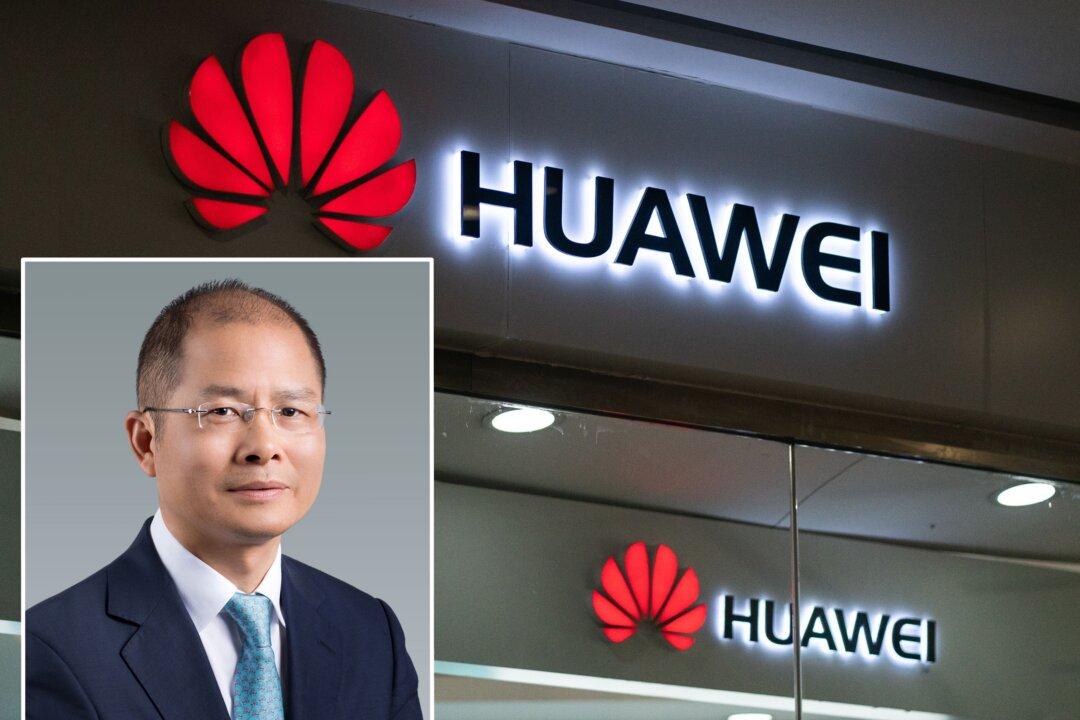Eric Xu, a deputy chairman of Huawei, allegedly was directly involved in a conspiracy to steal trade secrets relating to solid-state drive (SSD) technology from a U.S. startup, according to newly released court documents from an ongoing lawsuit.
It’s the latest development in tit-for-tat lawsuits involving San Jose, California-based startup CNEX Labs Inc. and the Chinese telecom giant, with each accusing the other of theft of trade secrets.





